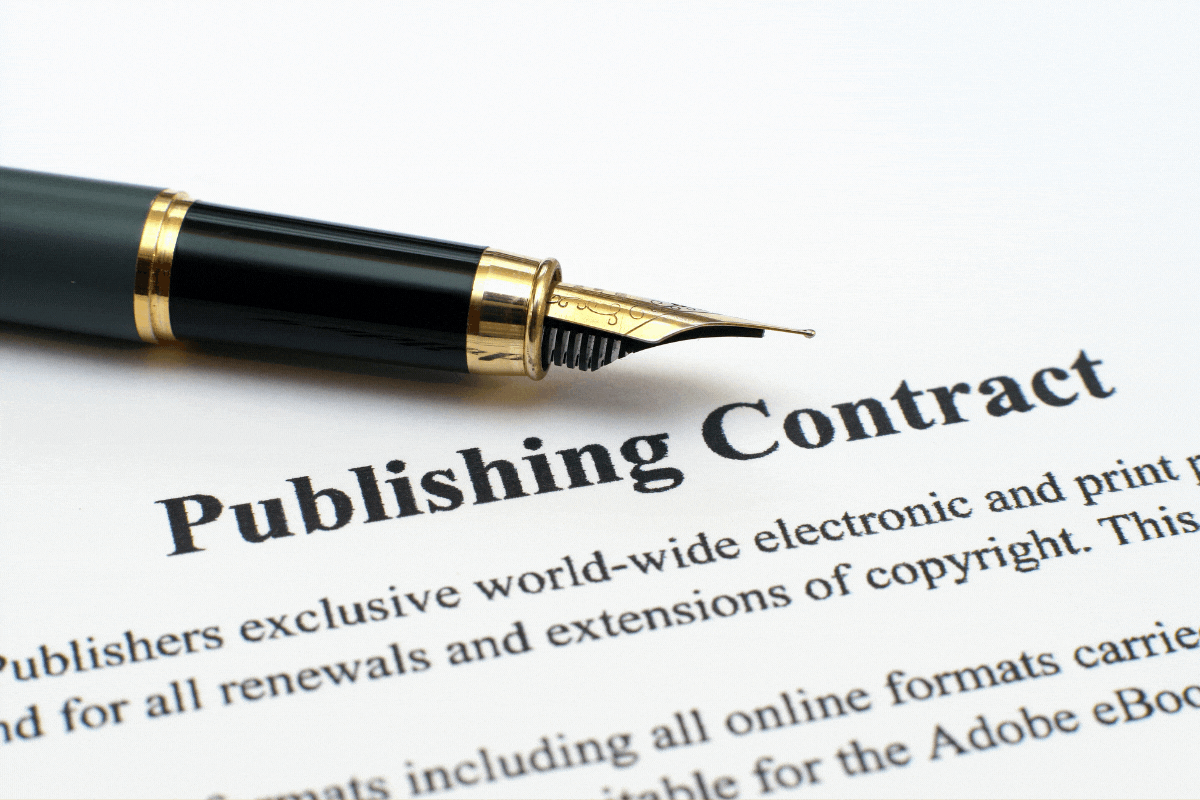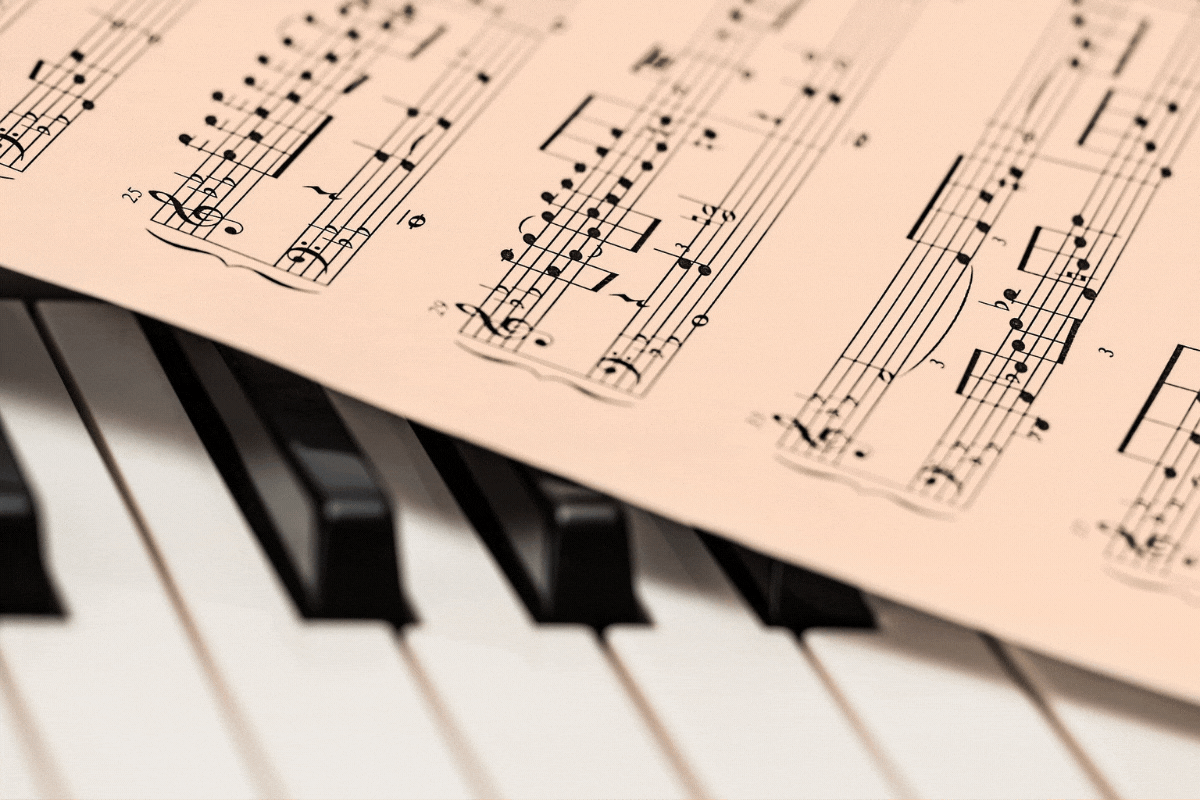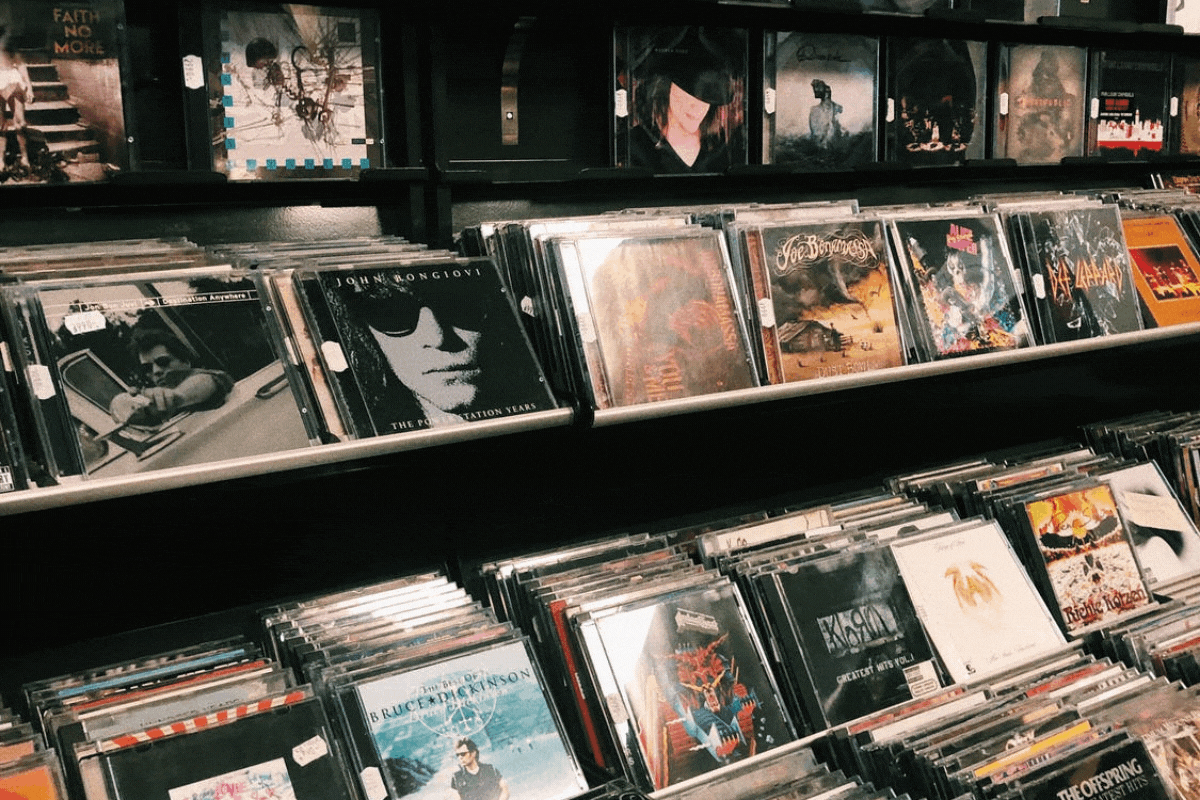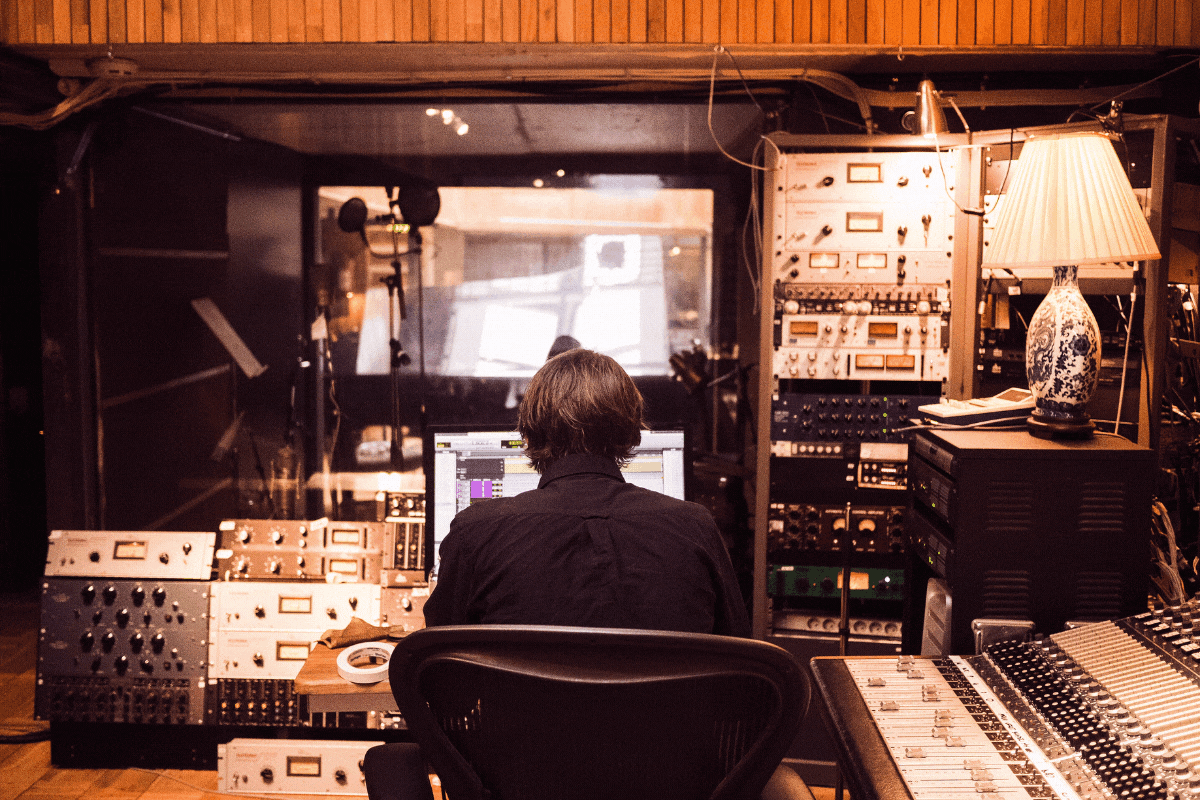Before releasing work in the music industry, something really important I recommend doing is called “quant-based marketing.” It’s basically this idea of literally plotting out how you’re going to get the amount of traffic that you would like to get before ever releasing music. What we really want to avoid is putting out a song, and then first starting to market it, and getting a certain amount of traffic. A music journalist or an influencer wants to feel like they’re getting to cover something new.
The first thing to do is to establish a goal. Let’s say you want to put out a song soon. Say you would like in the first four weeks to get, say, 50,000 streams. That’s totally cool. We just need to reverse engineer how you’re going to get that. So what I’m going to do is pick a few outlets, influencers, things I either have relationships to or people that I’m starting to build relationships with, and I’m going to look at their audience size. If you’re a student at a university, a great place to start is to see if there’s a school paper or a school blog at your university, even if you’re in online music education. Would it be relatively easy to look up the editor’s email address and send them a message, asking to be covered in it?
Next, I would look up the traffic amount; what is the audience size of that school paper? In music education, you’ll find there’s a great website called SimilarWeb. Amazon has a tool called Alexa, where you can check the traffic counts of different websites. So, let’s say your school is getting 100,000 unique visitors a month. Basically, you can think of it like this: if the school paper writes an article about me, in theory, 100,000 people could be seeing that article about you and your song.
The next part of it is sort of trying to guess how many people would actually convert from that. So even though 100,000 people might see that article, maybe only 10% will click on it. So that gets us down to 10,000 people actually seeing your article. Now, they’re reading your article. The question is how many of those people are actually going to click on the song? That was your goal all along. Maybe 10% of that 10,000, so let’s say a thousand people end up being converted to your song if you’re featured in your school paper. That’s amazing.
We know that beforehand, even if our goal is 50,000 hits and we just got a thousand, we’re on our way. Now, we just need to do that five, six, ten, fifteen more times with different kinds of outlets. Doing all that before deciding what the release date is is huge, because then the release date comes, and you know what? You can sleep really soundly knowing you’re not guessing. You’ve pretty much guaranteed the amount of traffic you’re going to get. This is going to be a very big difference between artists that are really disheartened by the response they get versus ones who know that it’s starting at a certain point and hopefully grows from there.








